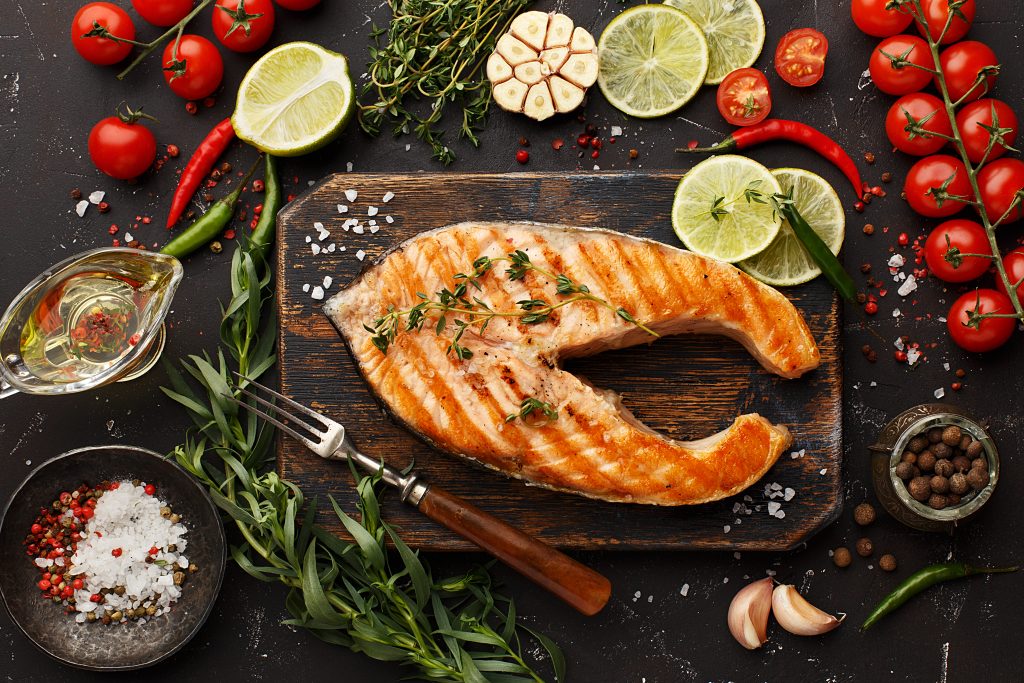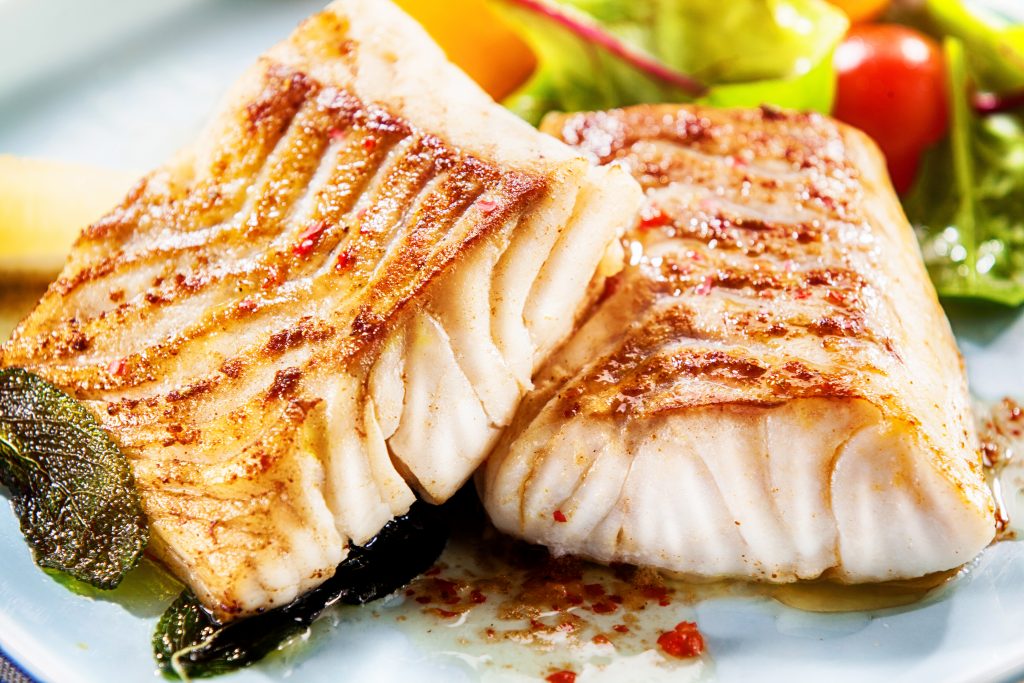If you were to ask anybody in the world what’s the healthiest, most nutrient-dense food there is any time of day, I’m willing to bet that just about everybody would say seafood. And they’d be right.
Fresh seafood has long been promoted as a vital part of a healthy diet at every stage of life, from infancy to old age. And recent studies continue to affirm the critical role that seafood plays in protecting against heart disease, cancer, and other serious health problems—when eaten on a regular basis.

So I’m asking you right now: Do you enjoy eating fish or shellfish? Well, then why aren’t you eating at least one serving of seafood every single week?
It’s easy to do, and it can have a huge impact on your health.
Why Seafood Is So Nutritious
What makes seafood so healthy? And why does it rank at the top of that list when compared to all other foods? Well, for starters, it’s by far the richest source of omega-3 essential fatty acids, including EPA and DHA. And this nutrient combination has been shown to reduce the risk of heart disease, several forms of cancer, arthritis, diabetes, arterial plaque buildup in your arteries, and depression.
These fatty acids are also important for brain development in infants and children. In fact, both the American Academy of Pediatrics and the European Society for Pediatric Gastroenterology, Hepatology, and Nutrition have made strong recommendations that all young children—from the time they are born until age two at least—should regularly consume either fish or omega-3-packed eggs for healthy brain development.

Not only that, but seafood is also one of the best dietary sources of vitamin D, which is essential for strong bones and reduces the risk of osteoporosis. Seafood also contains vitamin B12, which helps protect against heart disease and cancer.
What Kinds of Seafood Should You Eat?
The key to enjoying the benefits of seafood is eating it regularly—at least once or twice a week. And the best way to do that is to make seafood a big part of your diet. So if you like to fish, eat fish; and if you prefer shellfish, include shellfish in your meals.
But what kind of seafood should you eat? Here are the types of fish and shellfish that have been linked to reduced risk of cancer:
- Salmon
- Trout
- Tuna
- Mackerel (not albacore)
- Anchovies

The most important thing is not to overdo it. Don’t try to eat a different type of seafood every single day. That’s not how you develop long-term habits that will last for a lifetime. Eat mostly the fish and shellfish that you enjoy; just try to fit in at least one serving of seafood each week or so.
What Kinds Should You Avoid?
There are some types of seafood that you should avoid because they contain high levels of mercury, which has been linked to long-term health problems such as heart disease and hearing impairment.
Avoid these types of seafood:
- Shark
- Swordfish
- King mackerel (bigeye)
- Tilefish or golden bass (also known as golden snapper), found in the Gulf of Mexico, along the Atlantic coast, and in the Caribbean Sea
- Marlin, found in the Atlantic Ocean off South America, Africa, and North America
- Orange roughy (deep-sea perch), found in New Zealand and Australia—and certain parts of Hawaii
If you’re a pregnant woman or nursing mom or if you are thinking about becoming pregnant, talk to your doctor before eating seafood high in mercury.
At Edibolic Kitchen, we offer fresh seafood delivery right to your doorstep. We prepare meals using high-quality ingredients. Healthy eating has never been so easy!